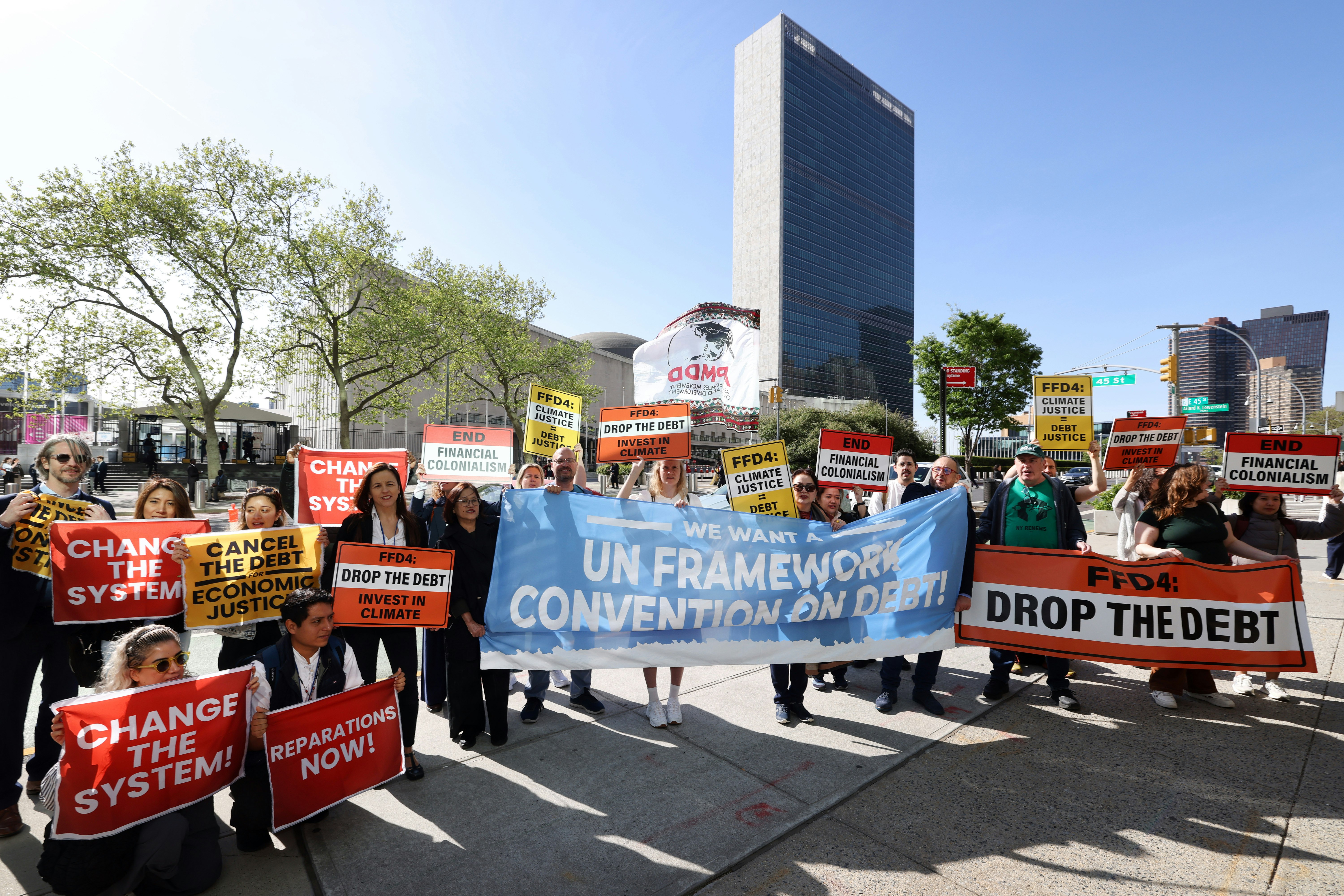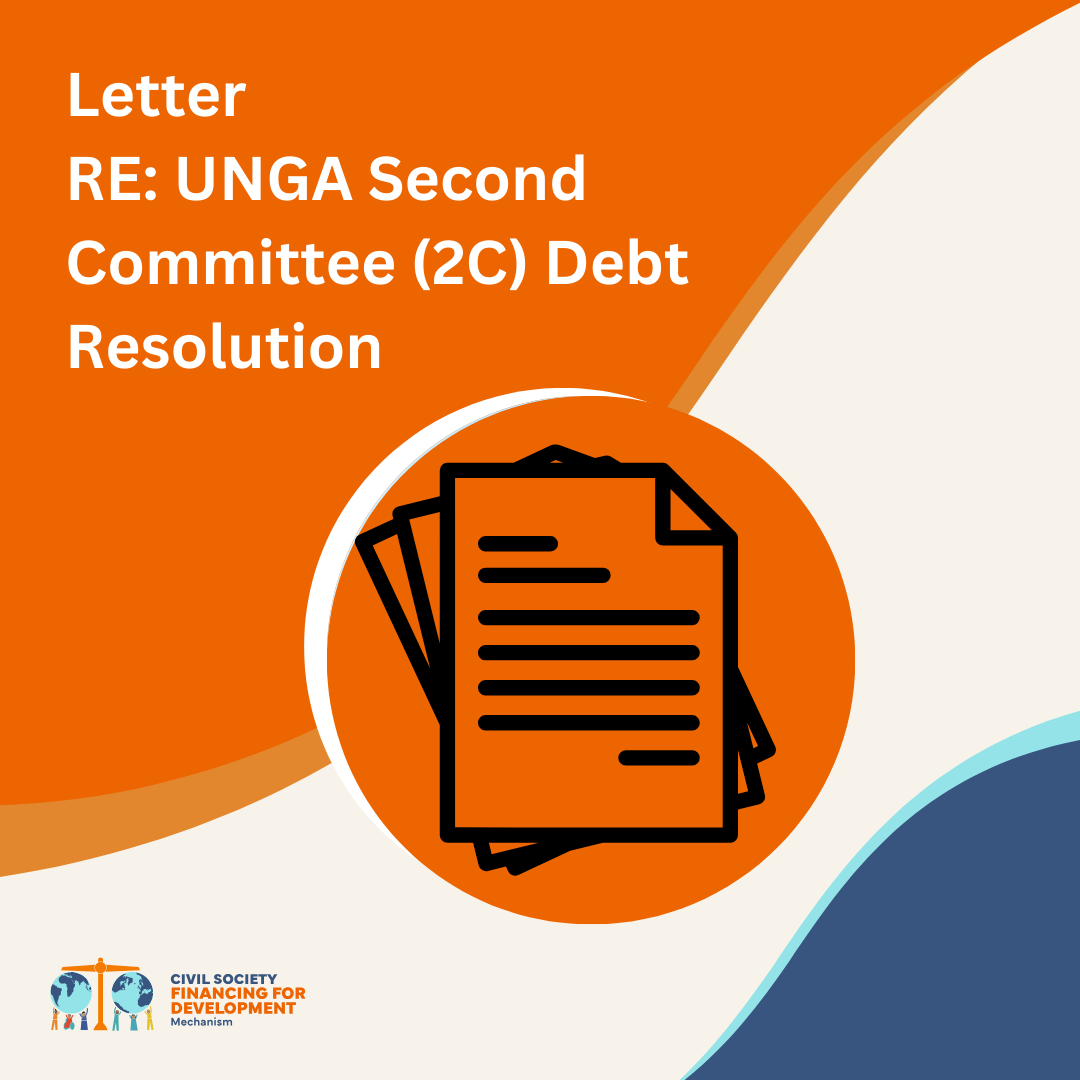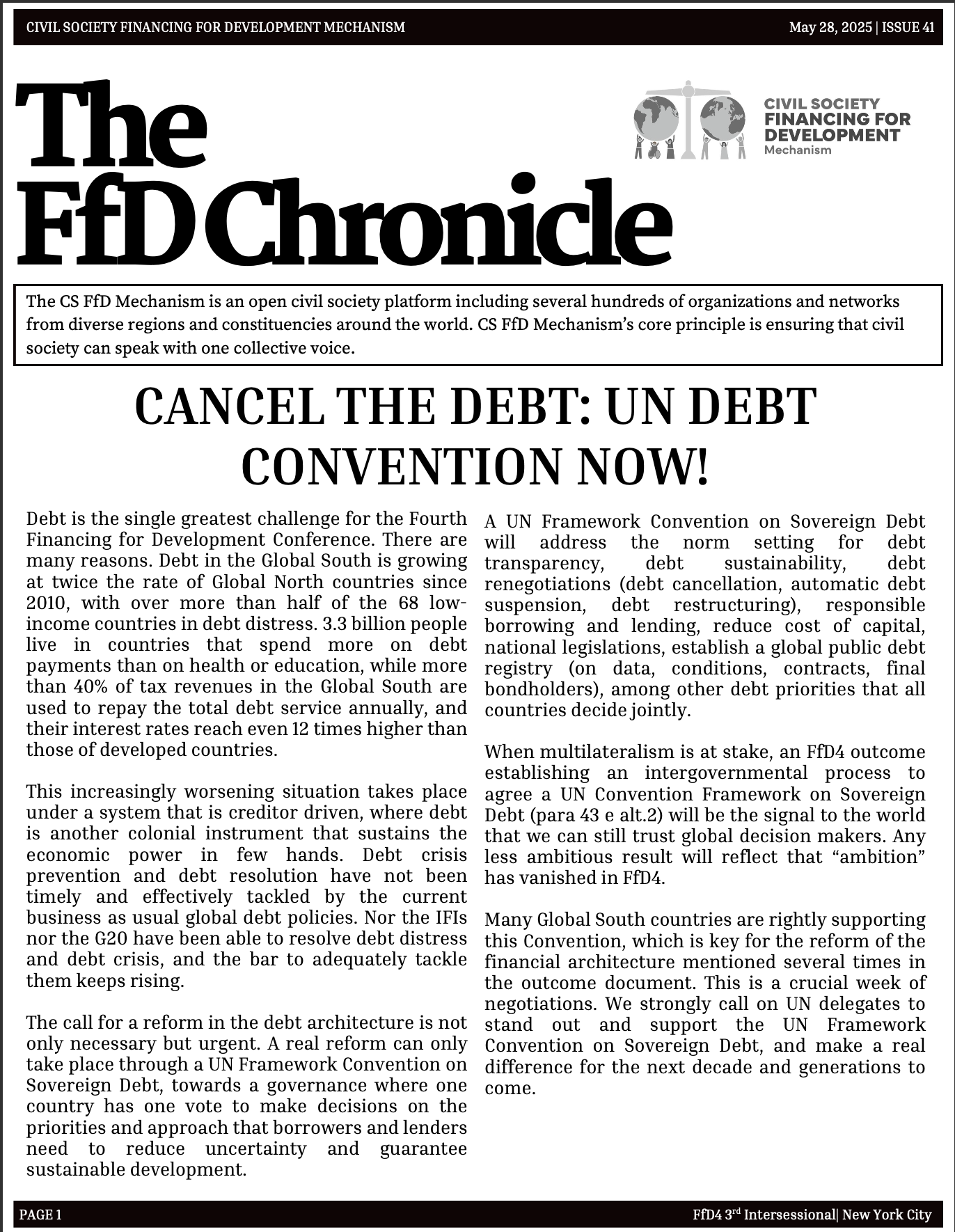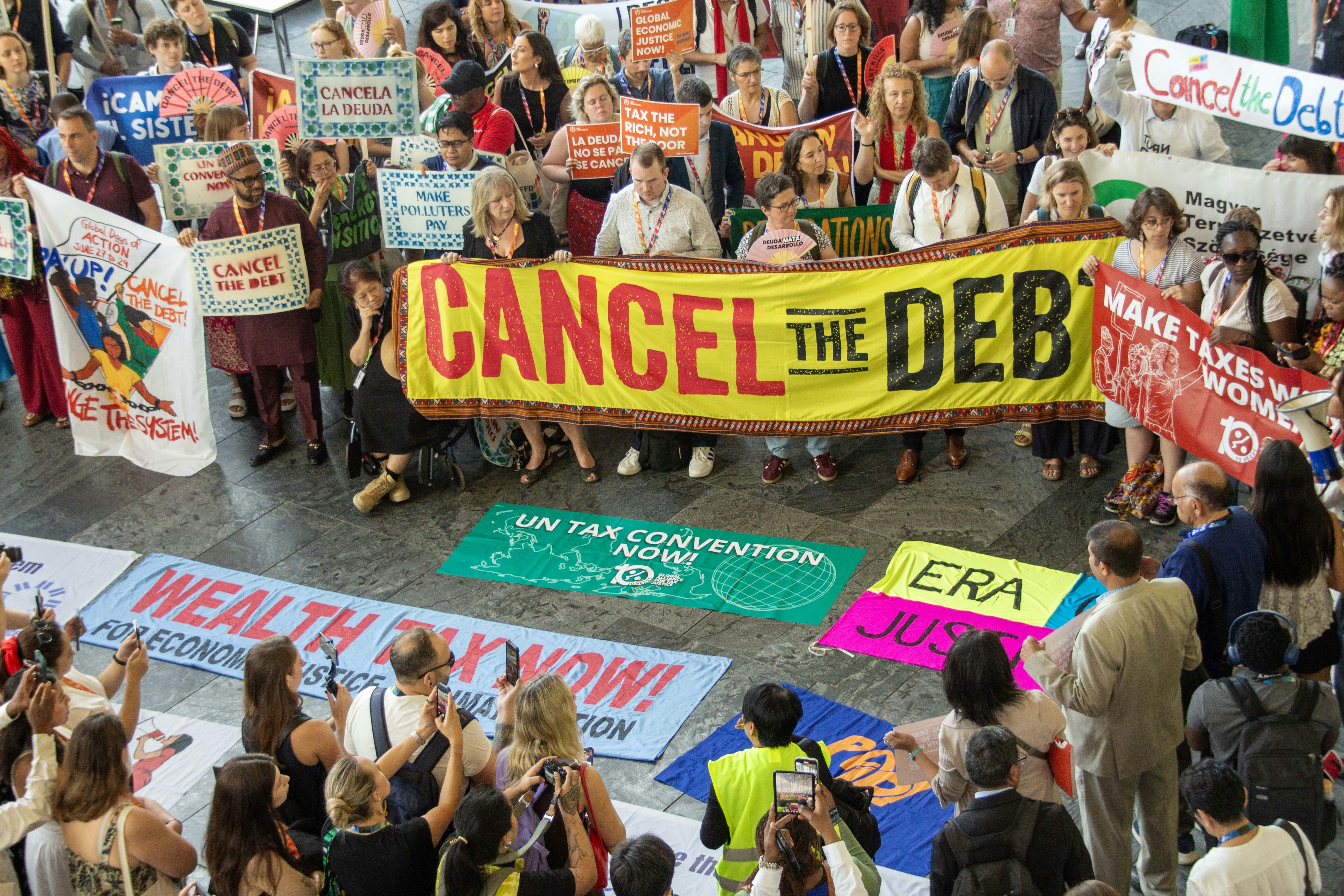The colossal debts burdening the Global South result from an international financial system geared towards neo-colonial exploitation and private profit, neglecting public welfare. The absence of a comprehensive multilateral debt resolution framework exacerbates this crisis, highlighting a significant gap in the international financial structure.
The Challenge
The historical legacy of colonization, neo-colonization, and capitalist globalization significantly contributes to the current debt crisis in the Global South. This perpetual state of indebtedness reflects a pattern of exploitation, where Southern countries are held in bondage under the weight of illegitimate debt. Past and ongoing exploitation of people, communities, natural resources, and economies by global North lenders has perpetuated this cycle of borrowing. Chronic debt crises in Global South countries stem from historic power imbalances among countries, limiting their productive capacities and domestic revenue potential. This dependence on external borrowing has led to poverty, and insufficient financial resources. As a result, many countries rely on imports and exploit natural resources under unequal terms of trade, further perpetuating dependency.
When governments struggle with debt payments or face conditional debt relief, they often resort to austerity measures, including privatizing public assets, cutting social protection programs, and reducing investment in vital public services. Before the COVID-19 pandemic, over 62 countries allocated more funds to debt payments than to healthcare. Additionally, a UNICEF report revealed that in 2019, 25 countries spent more on debt services than on education, health, and social protection combined. Despite the urgent health and social crises, many nations prioritize debt repayments over protecting their citizens' rights. This highlights a broader issue with the current global financial system, which prioritizes creditor interests over developmental needs.
Global South countries faced over US$372 billion in public external debt payments in 2020, resulting in a net negative transfer of US$194 billion, with 58 countries experiencing more revenue outflows than inflows. Debt payments have surged by 120% between 2010 and 2021, exceeding any point since 2001. On average, government external debt payments amounted to 14.3% of government revenue in 2021, doubling from 6.8% in 2010. These payments surpass the total emergency financial assistance and debt relief provided by the IMF since the pandemic's onset. With debt payments diverting resources from public services, economic recovery, and climate resilience efforts, women and girls often bear the brunt, as they disproportionately shoulder unpaid care and domestic work, exacerbating time poverty, jeopardizing health, worsening economic insecurity, and impeding social mobility.
Our Recommendations
As civil society, we call on governments to establish a multilateral legal framework under the auspices of the UN that would comprehensively address unsustainable and illegitimate debt, including through extensive debt cancellation. It is evident that current ad-hoc international initiatives to address the debt resolution are insufficient and existing debt sustainability assessments inadequate, as they disregard human rights, gender equality or climate investment needs. The United Nations, with the core mandate to address critical global issues, and the fact that it is neither debtor nor creditor itself, is the only inclusive multilateral and democratic space that has the legitimacy and competence to discuss and agree a multilateral legal framework to prevent and address sovereign debt crises.
Such a binding, multilateral framework should urgently address:



